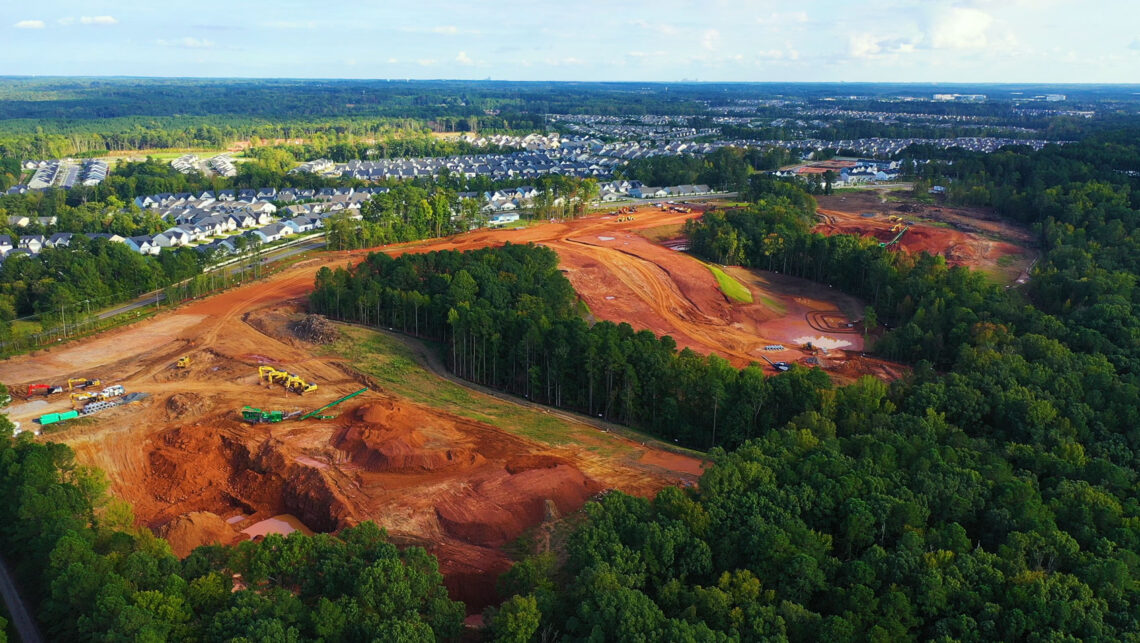
Land prices are rising and they’re not showing signs of slowing down. However for home builders who know how to evaluate risk, read the market and make confident, data-backed decisions, launching and selling out a community is still well within reach.
It’s no longer just about finding land—it’s about finding the right land, selling homes at the right pace and price while structuring deals that protect your capital in an evolving market.
1. Double Down on Great Locations
Not all expensive land is good land and not all affordable land will support a community. When prices go up, the best strategy isn’t to chase cheaper sites, but to double down on truly great ones. Look for locations where your target buyer wants to be: close to retail, healthcare, lifestyle amenities and infrastructure that supports quality of life.
Especially for active adult buyers, lifestyle priorities can outweigh raw affordability. If a site has strong demographic appeal and is supported by your research, it’s worth paying more because the velocity and pricing that follow can mitigate your upfront investment.
2. Velocity That Is Better and Pricing That Make Up For It
In today’s environment, it’s not just about how much your homes cost. It’s about how quickly you can sell them and whether pricing supports that pace. Builders who achieve consistent velocity at a premium price point are best positioned to grow.
Rising land prices often create upward pressure on sales pricing, but buyers will still move quickly if your offering justifies the value. That means matching your product, pricing and location with deep market knowledge.
How many homes per month do you need to sell to sustain your business? Can your chosen community support that absorption rate? If your research shows it can and your pricing is aligned with buyer expectations, then you’re set up to launch with confidence.
3. Mitigate Risk with Research and Planning
While instincts matter, data matters more. From initial site selection to pricing strategy and absorption forecasting, risk mitigation comes from knowing, not guessing. That includes understanding submarket trends, competitive product performance, buyer profiles and projected velocity.
4. Use Creative Financing to Lower Exposure
With higher land prices, builders are at risk of tying up too much capital too early. That’s where creative financing becomes a critical tool not just to improve cash flow, but to lower your exposure.
Rather than relying on traditional banks, some builders are turning to seller financing, third-party land banking or individual investors who can share in the investment. These methods allow you to control land without overleveraging, while maintaining flexibility and the ability to pivot when necessary.
Building Smarter in a High-Cost Environment
In a high land cost environment, you can’t afford to think short term. Builders who thrive make informed decisions. They choose sites strategically, price their homes based on real demand, sell through quickly and build financing structures that protect their capital.
Rising land prices don’t have to stall your growth. With the right approach, you can still launch, develop, build and sell out communities even as the market shifts beneath your feet.
